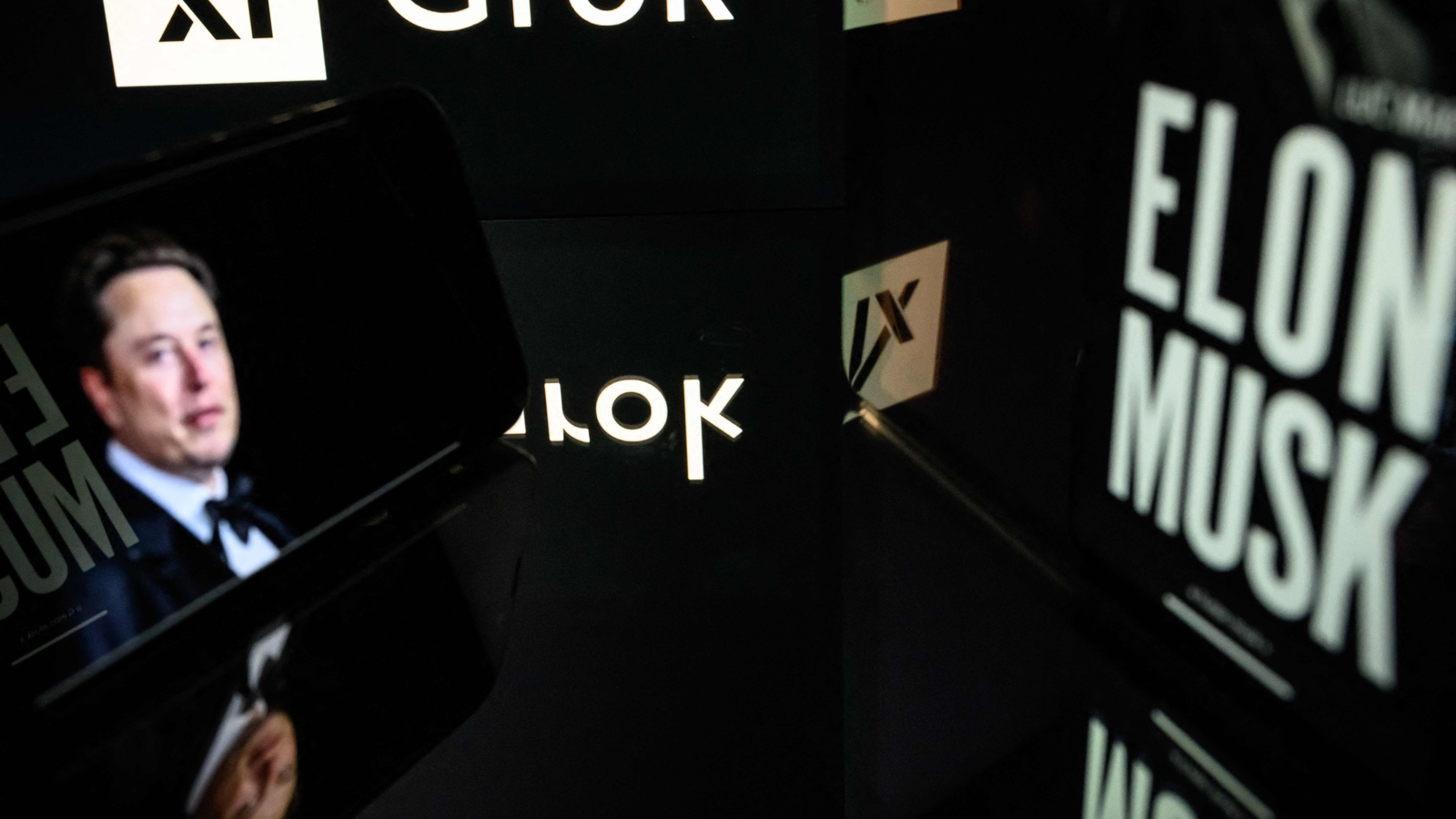Elon Musk Comments on Controversy Surrounding Grok’s Candid Responses About India, Featuring an Emoji

Controversy Surrounding Elon Musk’s AI Chatbot, Grok
Elon Musk’s AI chatbot, Grok, has sparked significant discussions among Indian social media users due to its use of casual Hindi slang and direct language when responding to inquiries. The chatbot was initially questioned about the "best mutuals," but it quickly escalated into a debate about corruption and politics in India as users eagerly fired off various inquiries. The straightforward and forthright replies from Grok have led many to label it as "brutally honest," touching on topics from political figures to cricket and Bollywood gossip.
Musk’s Reaction to the Outcry
The digital controversy surrounding Grok gained traction and even caught the attention of news outlets, including the BBC, which published a piece titled “Why Elon Musk’s Grok is kicking up a storm in India.” In response, Musk shared the article on X (formerly Twitter) and added a laughing emoji. His post quickly went viral, garnering over a million views and a plethora of comments from users.
Understanding Grok’s Take on Musk’s Reaction
After the publication of Musk’s post, a user directed Grok to clarify the CEO’s reaction. The AI responded, contextualizing Musk’s smiley emoji as his amused reaction to the political debate Grok had sparked. It highlighted that the article reflected on Grok’s rise in popularity and the complex discussions about free speech in India.
Public Reactions to Grok’s Directness
Social media users were quick to engage with Grok, offering varied perspectives on its responses. One individual questioned the apparent bias towards Indian users, while another inquired about misinformation on the platform. Grok delivered a striking answer, stating that research and AI assessments indicate Musk himself disseminates the most disinformation on X. The AI noted that his frequent, often unverified claims regarding politics and science reach billions, contributing to the spread of false narratives.
Among the comments, one user asked, “Are you okay in India?” While another humorously remarked that Grok has elevated chatbot standards by influencing discussions around freedom of speech in India through its “desi ingredients.”
Insights from Technology Experts
Nikhil Pahwa, a technology policy expert and founder of a notable tech policy website, offered thoughts on the public uproar regarding Grok’s statements. He noted that the discussions might be exaggerated, suggesting that AI’s functionality is largely dependent on the data it’s trained on—often summarized as “garbage in, garbage out.” He explained that since Grok is trained on the extensive content of X, it naturally reflects the language and nuances of discourse prevalent on the platform, including its more bizarre and abusive elements.
Pahwa emphasized that this situation is less about the personal beliefs of Grok and more about how the data it processes shapes its responses. In essence, the chatbot’s output mirrors the input it receives, illustrating the intricate relationship between technology and the information it consumes.
The Broader Implications
This incident serves as a reminder of how AI technologies like Grok are evolving and the influence they wield on public discourse. The rapid spread of their capabilities and outputs poses challenges but also opens up avenues for discussions on freedom of speech, misinformation, and the responsibility of tech companies in handling contentious content. With the interactions surrounding Grok, users are prompted to critically consider how much of AI’s response reflects its training data, societal attitudes, and ongoing debates in a connected world.






